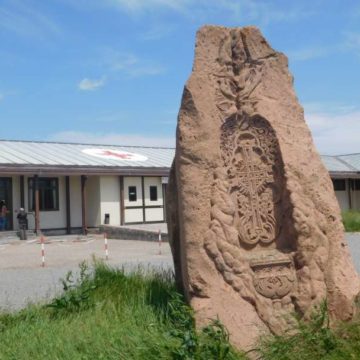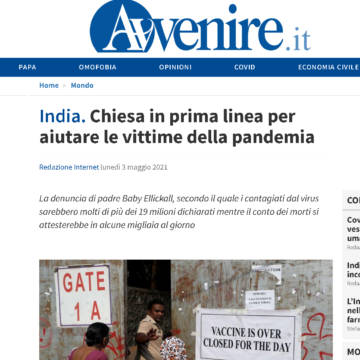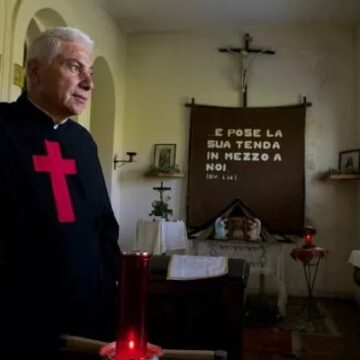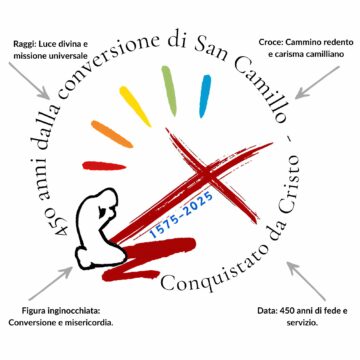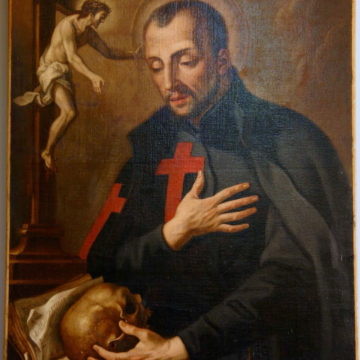Television, the internet, newspapers, radio and even for some days now balconies and socially spaced rows have been inhabited by people who give opinions on what is happening. Opinion leaders (of every form and study) tell in a thousand ways what is true and right (according to them) starting from probable readings ranging from epidemiology to devil’s intervention. The fundamental characteristic of these interventions is the certainty of affirmation and an orientation that seems to arise more from self-esteem than from knowledge of virology.
Opinion leaders or in version 2.0 influencers. The term influencer has a fascinating history. Used since the 1600s, it assumed a connotation similar to the current one, only after the terrible Spanish flu that made more than 50 million people around the world in the 20s. The Spanish arrived in the middle of the First World War, and to prevent the troops from being shot down in morale before the enemy’s rifle, the rulers of both sides mystified the news. Thus, was born the “profession” of the influencer in the service of propaganda that had the sole objective of manipulating information to win a war.
Susan Sontag, a North American writer and activist, wrote in 1974 a very interesting book, “Disease as Metaphor,” on how to avoid any “orientated re-reading” of the disease. Disease is a disease (she talked about cancer in particular), and we should not manipulate meanings and interpretations. Complicated? Perhaps, but once again, today’s gospel helps us to understand better: in front of life, we need to have the humility to ask ourselves questions and not to exalt ourselves in the answers. Courage!




